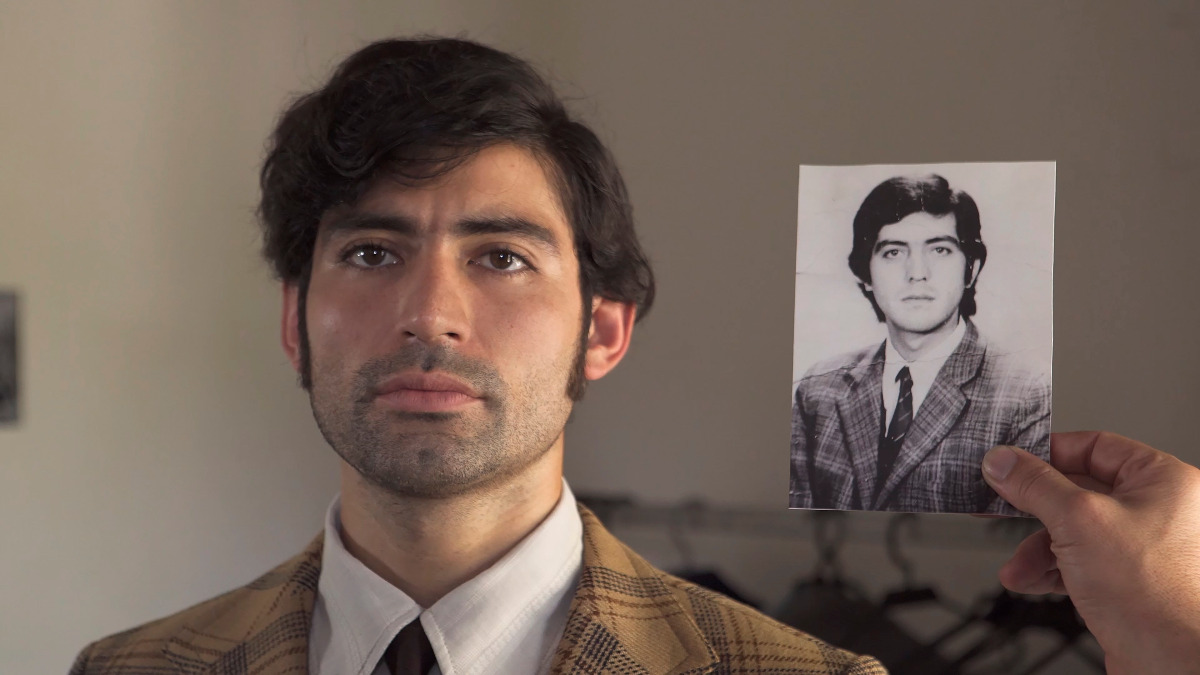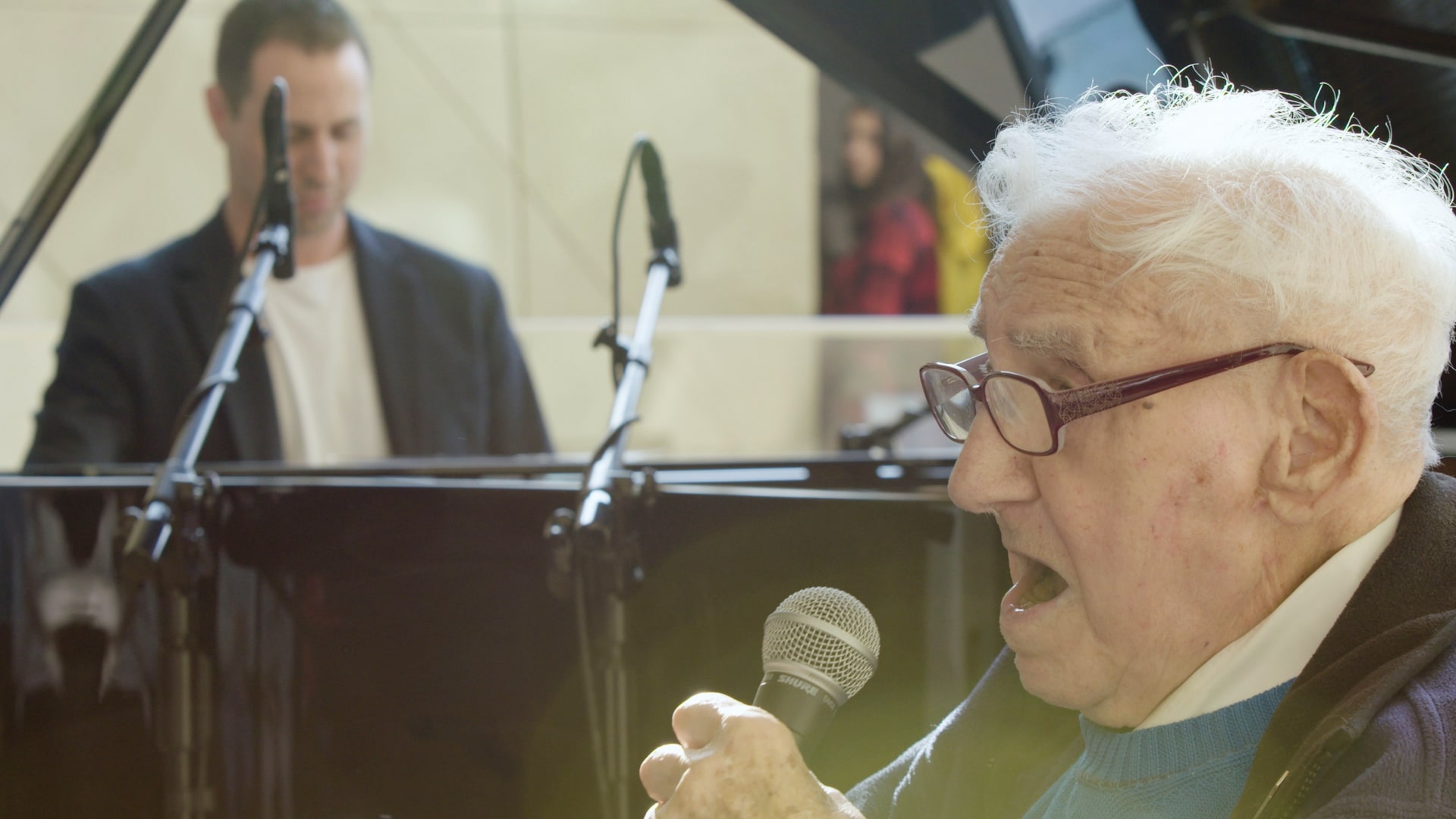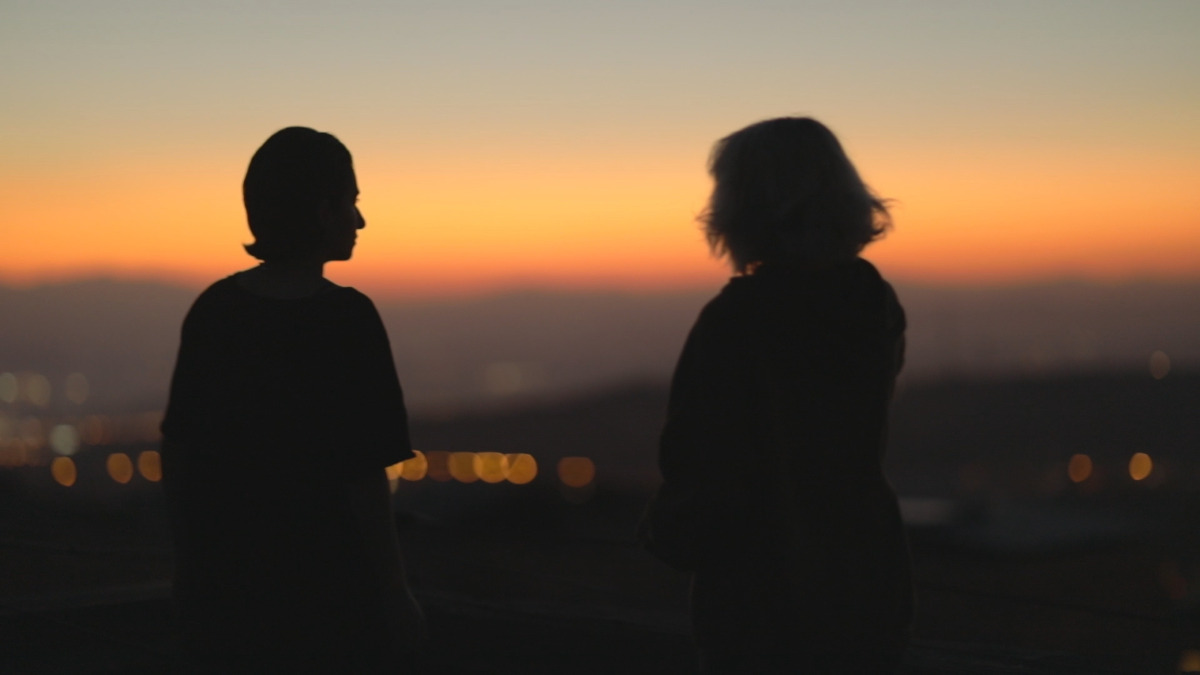Meeting Point
(Chile, 90 min.)
Dir. Roberto Baeza
Program: Made in Chile (World Premiere)
Cinema can be a powerful tool for helping us make sense of key events in history. It is in reconstructing the past that the families in Roberto Baeza’s wonderful and emotionally rich documentary Meeting Point attempt to find the closure they need to move forward. 45 years after their fathers were taken by members of Augusto Pinochet’s oppressive regime in Chile, filmmakers Alfredo García and Paulina Costa set out to make a film about the men they hardly knew.
As García and Costa dig through old photos and begin casting their film, many of the scattered pieces of their fathers’, Alfredo Sr. and Lucho respectively, lives slowly begin to fall into place. Brought together by chance in a cell the size of a small closet in Villa Grimaldi, a notorious torture centre, neither man could have anticipated how such a seemingly random meeting would forever bind their families. Bonding over games of dominoes, which they made in secret using paper, the two men formed an intense friendship over the 15 to 20 days they were in the tight confines.
It was during this time that they discovered they had far more in common than their belief that Chile needed to be free from Pinochet’s tyrannical clutches. Both men had young families at home–García being 18 months and Costa 6 months old when their dads were taken—with whom they hoped to being reunited. Unfortunately, only Lucho made it back home. Alfredo Sr.’s body was never found.
Utilizing a film within a film aesthetic at times, Baeza’s documentary succeeds on multiple levels. One not only observes García and Costa going through the casting processing and workshopping scenes with their actors, but also how members of the directors’ families, most notably Lucho and Alfredo Sr.’s wife Silvia, react to the unfolding production. Some of the most heart-wrenching moments in the film arrive when Baeza’s camera observes the emotion on Silvia and Lucho’s faces as they relive the tender and painful moments of the past.
The project clearly has an impact on García and Costa as well. In learning about their fathers’ lives prior to their arrest and their time locked up together, the filmmakers begin processing their own long festering feelings of resentment and abandonment. A simple act of García playing dominoes with his cousins, and later with his own daughters, carries great significance in mending the broken links to the past.
Baeza uses the past as an entry point for the familial healing of García and Costa as well as a crucial reminder for the present. In showing the filmmakers documenting the violent protest currently occurring in Chile, Meeting Point reinforces how the fight against dictatorship is still as important now as it was when Alfredo Sr. and Lucho were young men. While a new generation is carrying the torch of hope, the documentary ensures one is always aware of the sacrifice that many families experience.
In choosing to stand up for the liberation of their country, Alfredo Sr. and Lucho endured horrendous conditions in prison. It will forever haunt Lucho, and their loved ones suffered as well. However, Baeza ensures that one always understands the choices the men made, even when they knew the great risk that came with it. A beautifully layered work, Meeting Point captures the importance of understanding the various ways the past shapes a family’s present and future.
Meeting Point premiered at Hot Docs on April 30.











